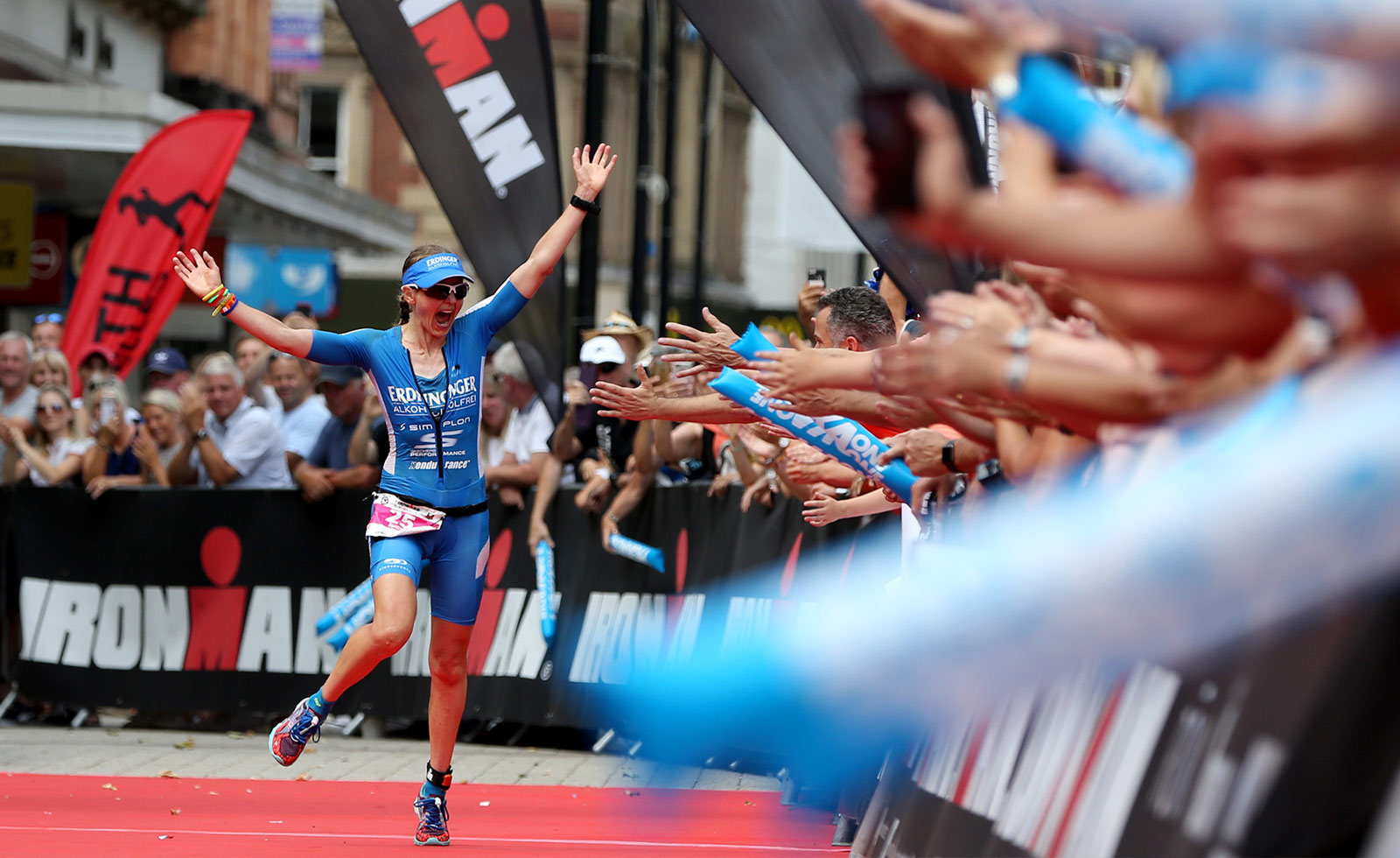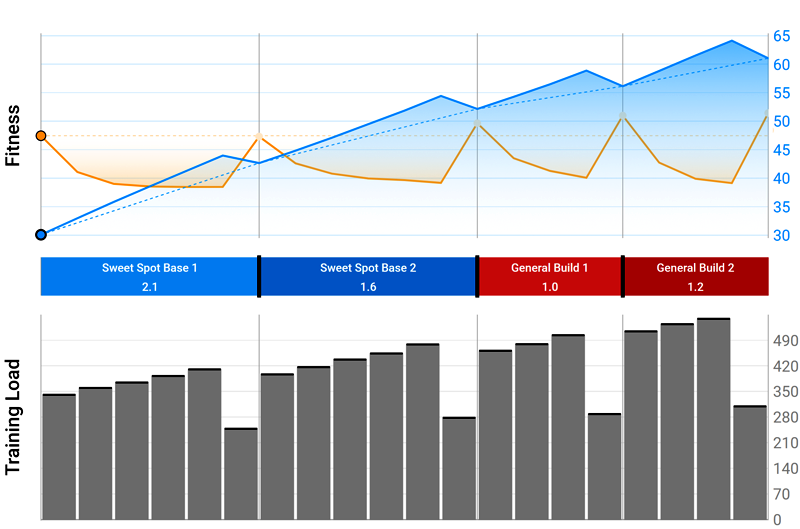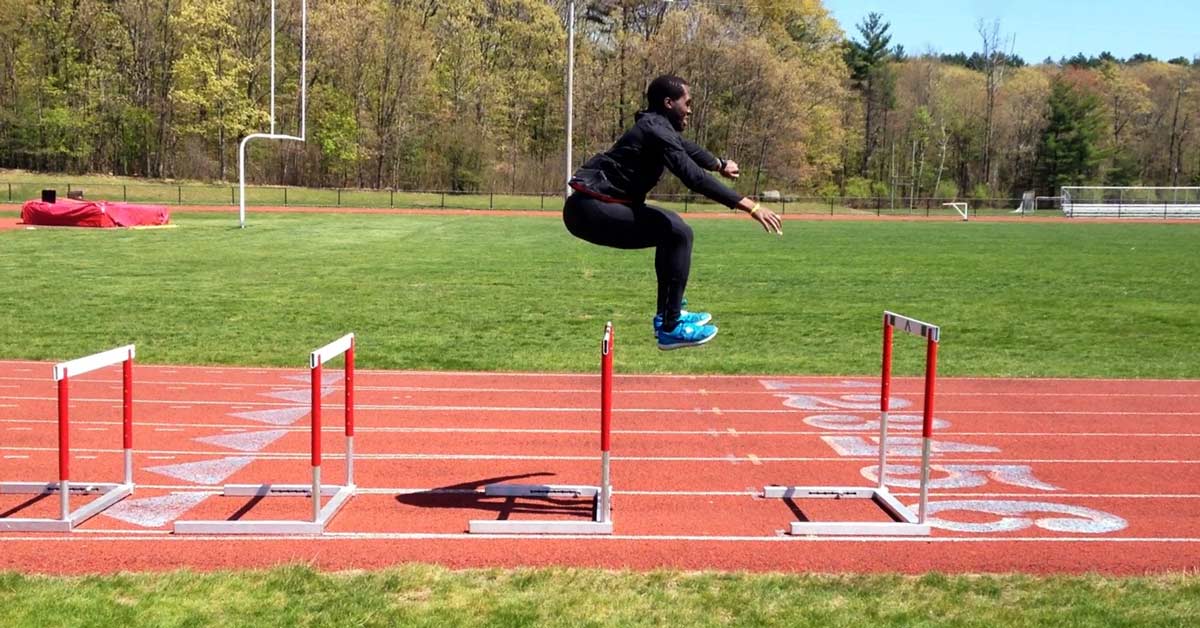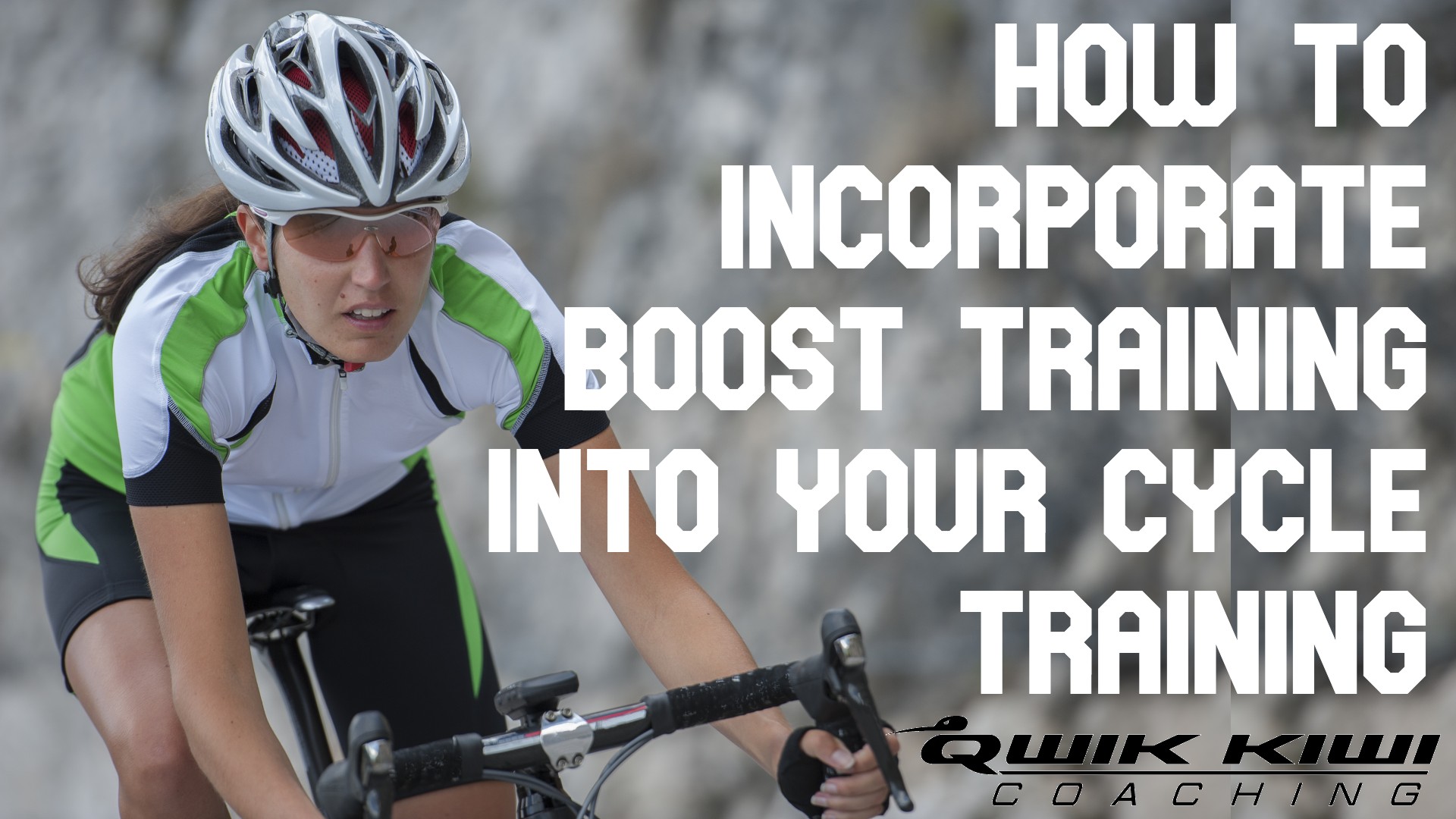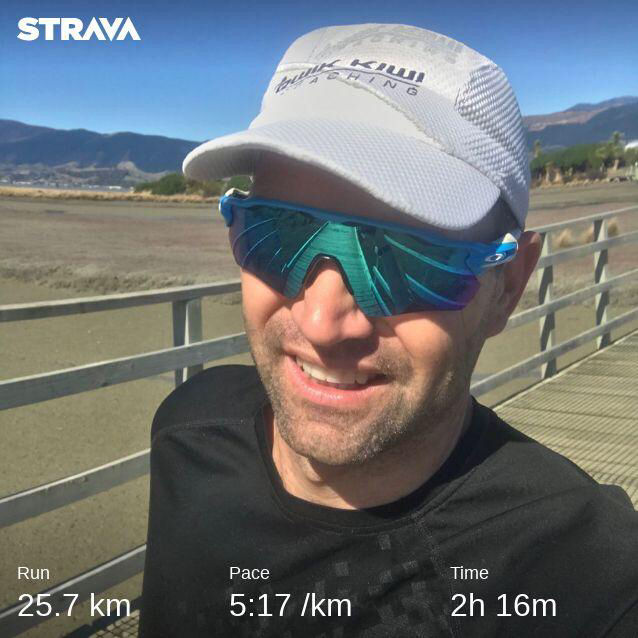When an athlete hasn’t done an Ironman event previously what time do you think they can do? Tough questions because they have never done the event before (often they haven’t done something similar) and are stepping into the great unknown. Rüst et al has attempted to answer this for female athletes (who make the bulk of Qwik Kiwi athletes).
View More Science on Sunday: Personal Best Times in an Olympic Distance Triathlon and a Marathon Predict an Ironman Race Time for Recreational Female TriathletesCategory: Training Methodology
Science on Sunday: Effectiveness of Reverse vs. Traditional Linear Training Periodization in Triathlon
Traditionally periodisation (I use the English spelling of Periodisation in the article but when I’m quoting or referencing the original article I’m using the American spelling of the authors) for endurance athletes follows a linear type approach with the introduction of volume over time with intensity added later into the programme. I thought this would be an interesting article to look at the different approaches and the results.
View More Science on Sunday: Effectiveness of Reverse vs. Traditional Linear Training Periodization in TriathlonScience on Sunday: The Effect of Plyometric Training on Distance Running Performance
It is well known that VO2 max is a critical component in determining the ability of a runner, but Running Economy (RE) is equally as important and this has been shown many times before. The more economical you are the less energy you expend to run at any given pace. It has been hypothesised that plyometric training can improve your Running Economy (RE).
View More Science on Sunday: The Effect of Plyometric Training on Distance Running PerformanceScience on Sunday: Monitoring Overtraining in Athletes
Overtraining is a common issue with Endurance Athletes. In an attempt to get better, athletes train harder and/or longer, but not necessarily more beneficial. This is a summary of an article by Sue Hooper and Laurel Mackinnon in the journal Sports Medicine.
View More Science on Sunday: Monitoring Overtraining in AthletesAsk Coach Ray – How To Manage Training Around Travelling
A lot of people plan a holiday around an event……..or an event around a holiday. As they commence their travel their training goes out the window. Here is some advice and guidance around how to incorporate your training around your travel.
View More Ask Coach Ray – How To Manage Training Around TravellingHow to Incorporate BOOST Training Into Your Cycle Training
What is BOOST Training? BOOST Training involves including specific intervals (and recovery) at appropriate intensities to ensure your body adapts quickly to the physiological demands and has you riding faster and more powerfully in a short period of time.
View More How to Incorporate BOOST Training Into Your Cycle TrainingHow to Incorporate BOOST Training Into Your Cycle Training
Want to BOOST your FTP or cycling fitness in a short period of time? Join this webinar to find out how incorporating BOOST training and…
View More How to Incorporate BOOST Training Into Your Cycle TrainingIntensity for Cycling
Intensity is the key to the success of your cycle training. By training at the correct intensities, we can manipulate the physiological responses your body gets. This will generate the greatest improvement from where your cycling fitness currently is.
View More Intensity for CyclingIntensity For Running
Intensity is the key to the success of your running. By training at the correct intensities, we can manipulate the physiological responses your body gets.…
View More Intensity For RunningHow I Dropped Over 2 Minutes OFF My 5km Time in 4 Weeks
For a number of years I’ve had a goal of running a sub-3hr marathon. Although it’s been a few years since I’ve tried seriously to…
View More How I Dropped Over 2 Minutes OFF My 5km Time in 4 Weeks